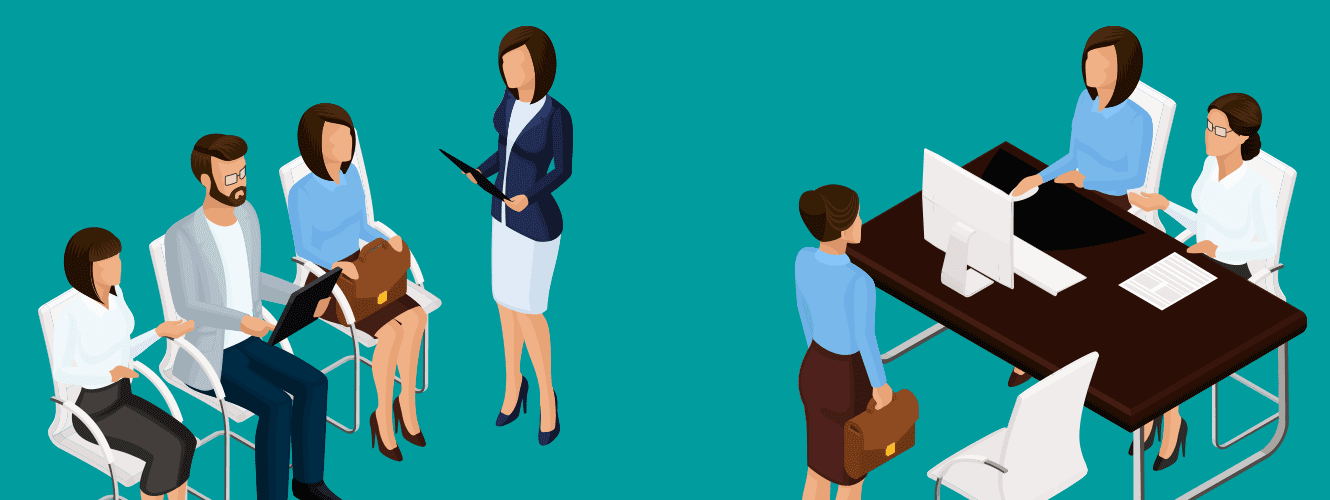Job Interviews: How to prepare for a job interview

Most people have a general understanding of how to prepare for an interview. Yet, it can be easy to overlook some of the details, especially if you’re feeling a bit nervous or you’re focusing on preparing for common interview questions.
To help take some of the stress out of your prep, here’s a handy guide to your interview preparation.
Mental preparation
Background research: The first step in your preparation is to gain a detailed understanding of the role and the organisation. Pore over the job description so you understand everything that’s involved and gain an understanding of the team you’ll be working with. Research the organisation using all the sources of information at your disposal: the company website; press releases and annual reports; news and other media; social media and LinkedIn; friends and contacts.
Learn about the organisation’s products and services, areas of growth, financial performance, its history, management team, company culture, and its place in the industry. This information will help you understand how you would fit and add value. Also check the LinkedIn profile of the person interviewing you so you understand their role and where they fit into the organisation.
Self-reflection: Now that you’ve gathered information about the organisation, it’s time to reflect on you – your experiences, the skills you’ve developed, your professional achievements and goals. Go through your resume to refresh your memory on the details of your work history.
Think about the specific points you need to be prepared to articulate: your career ‘story’, personal brand and USP, your key capabilities and achievements, what interests you about the role, how you can help the organisation achieve its goals, and why you are attracted to the company and want to work there.
Prepare for common interview questions and behavioural interview questions, and jot down key points. As much as possible, use the terminology used in the job description to describe your competencies and experiences. Also prepare your own questions to ask in the interview.
The most important thing to emphasise in the interview is the fit: between your capabilities and the requirements of the role; between your career goals and what the organisation is offering; and between your personality traits and the culture in the team or organisation.
Logistic
Practical details: Sorting out the practical details involved in getting to an interview is just as important as mental preparation, and helps you remain calm on the day. This includes planning what you will wear to the interview and what you will bring to the interview (printout of your CV, notepad and pen, examples of your work). Check the weather – is it likely to rain so will you need to bring an umbrella?
Getting to the interview: If there’s one golden rule about interviews, it’s that you must arrive on time. That means ensuring you know exactly where to go and how to get there, and who to see on your arrival. Make sure you have the interviewer’s full name and its correct pronunciation, and their title.
If you’re taking public transport, check schedules and estimated travel times and give yourself a generous buffer in case of delays. If you’re driving, check the route on Google Maps. If possible, do a test run before the interview and keep your eye out for one-way roads and roadworks. Do you have enough petrol in the car? Always allow more time to get to the interview than you think you’ll need, especially if you’re traveling in peak hour or if rain is expected.
Physical preparation: To perform at your best in the interview, it’s crucial to get a good night’s sleep the night before. Eat a nutritious evening meal (not too heavy or late), avoid alcohol and start winding down before you go to bed. Get an early night and of course, don’t forget to set your alarm.
On the day of your job interview
Before leaving: Give yourself time in the morning to review your resume and notes, and run through specific points you wish to make. Ensure you leave early enough to arrive at the interview a few minutes ahead of time.
Final tips: While a morning coffee can help make you more alert, it might be wise to avoid having too many as you don’t want to be jittery during the interview. When you arrive at the interview, give yourself a final once-over: tidy yourself up (check your face, clothes and hair), turn your mobile phone to silent, and take a few deep breaths. When you meet the interviewer, greet them by name and don’t forget to smile!

